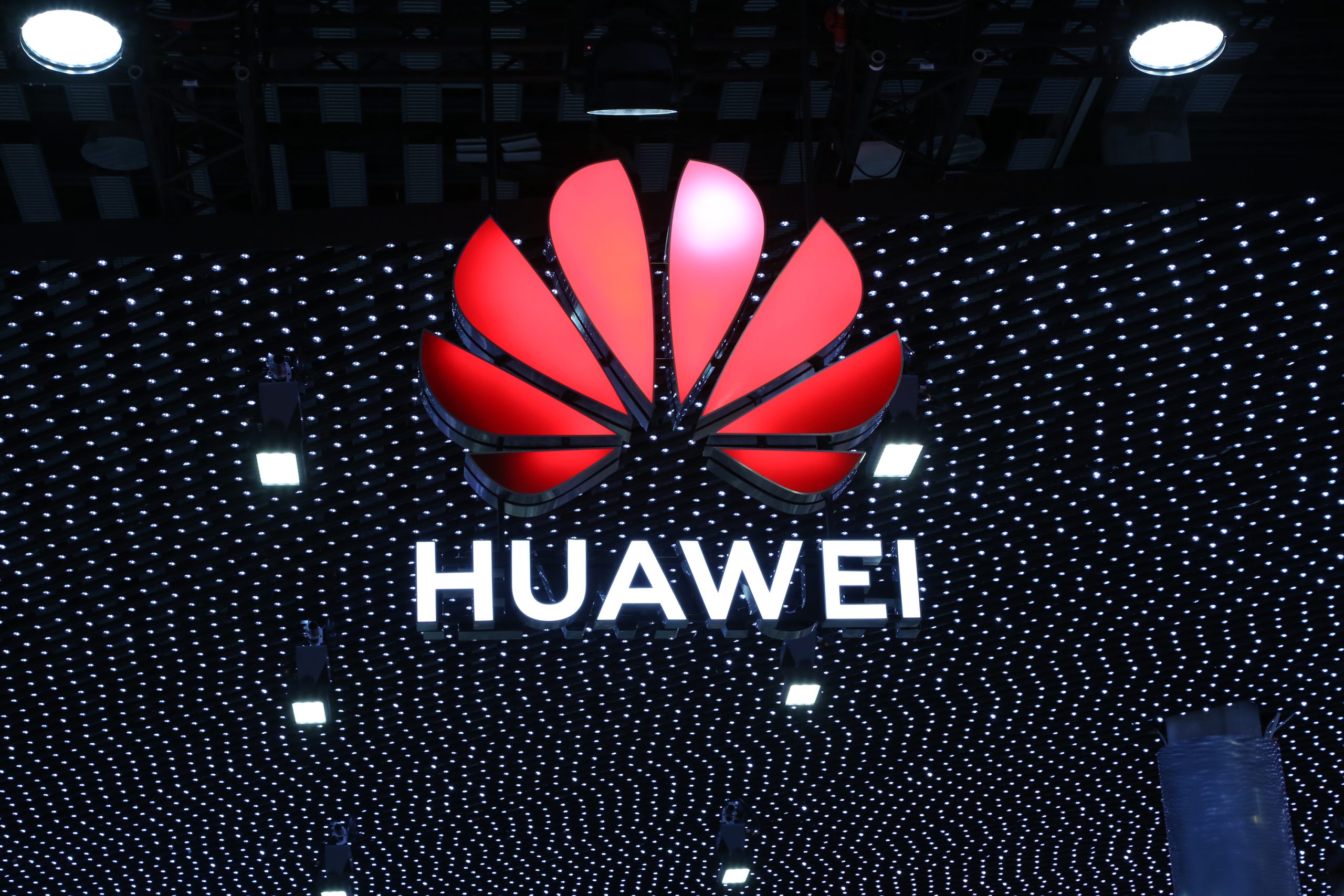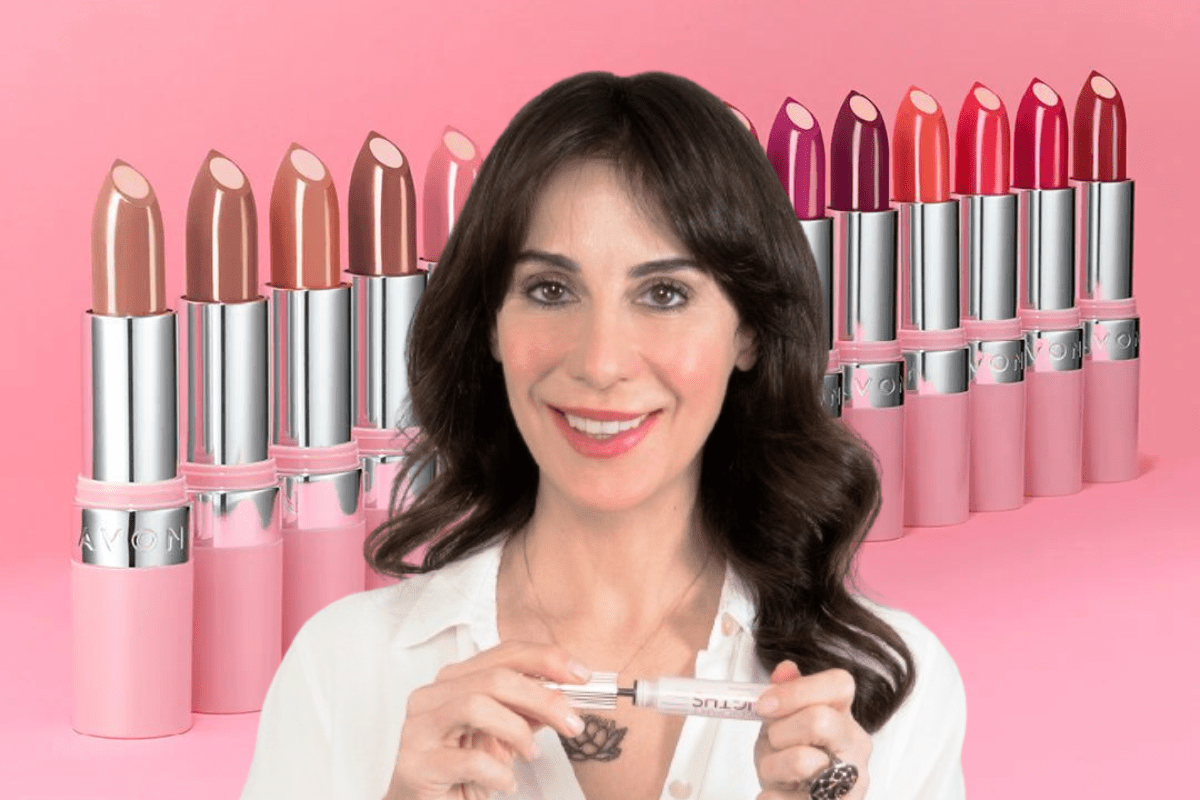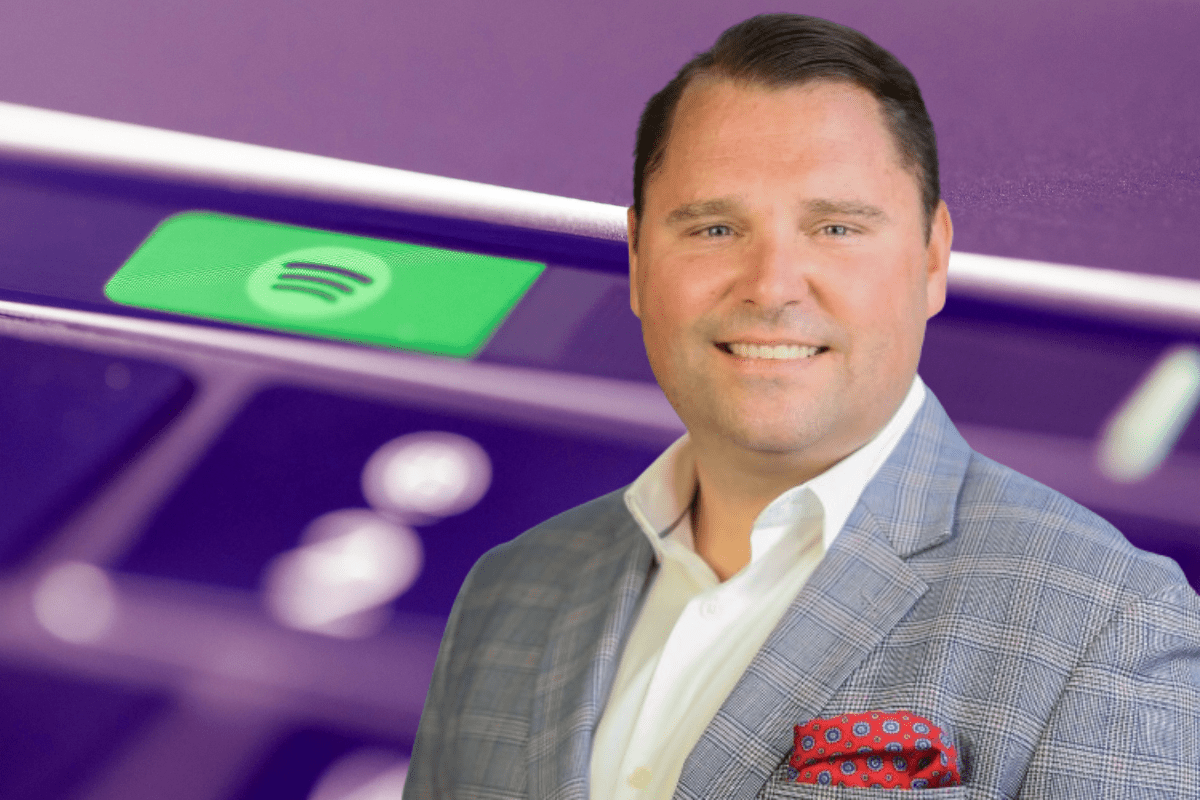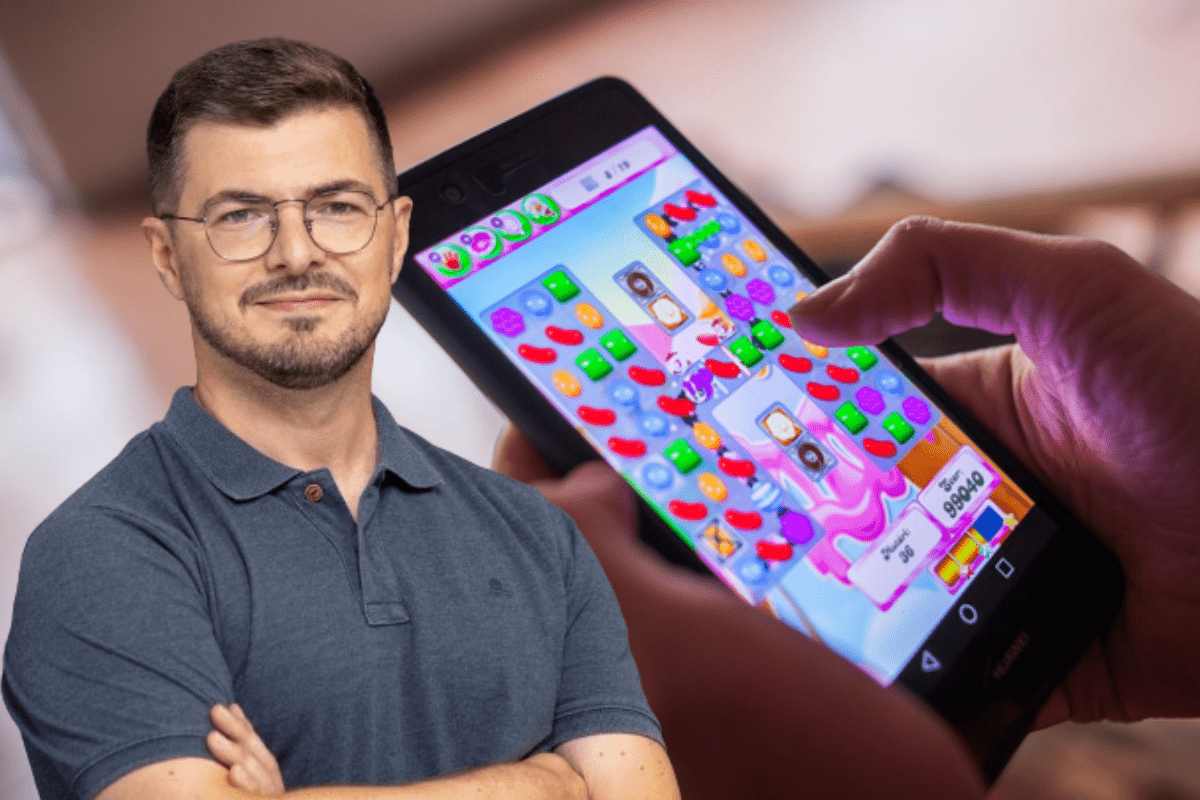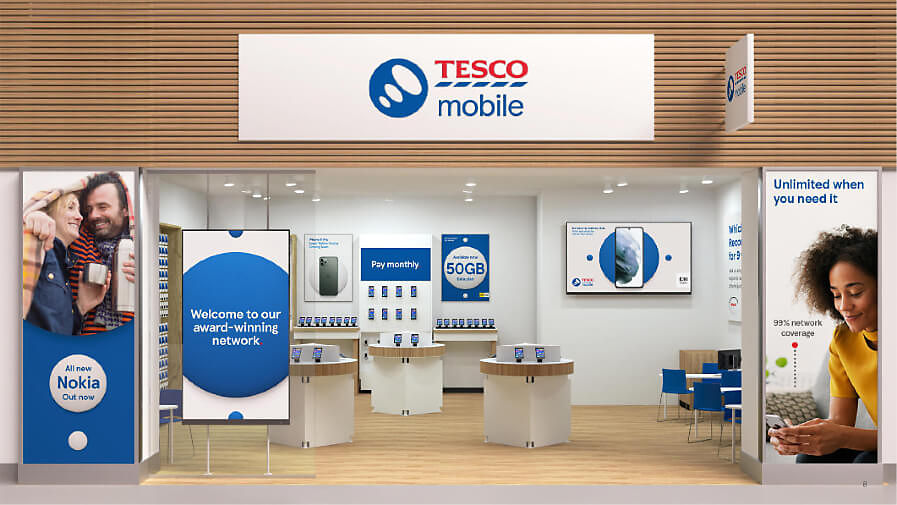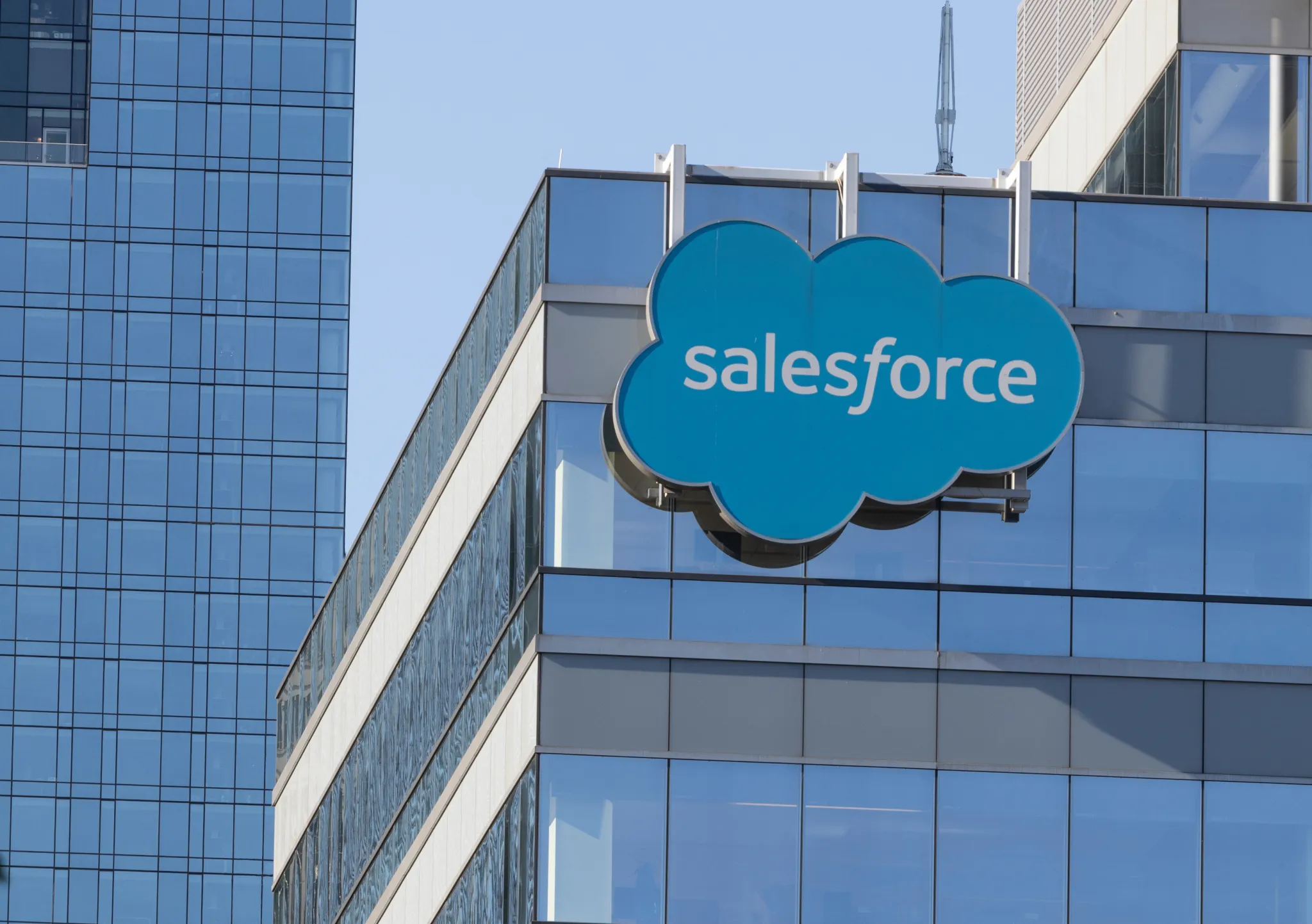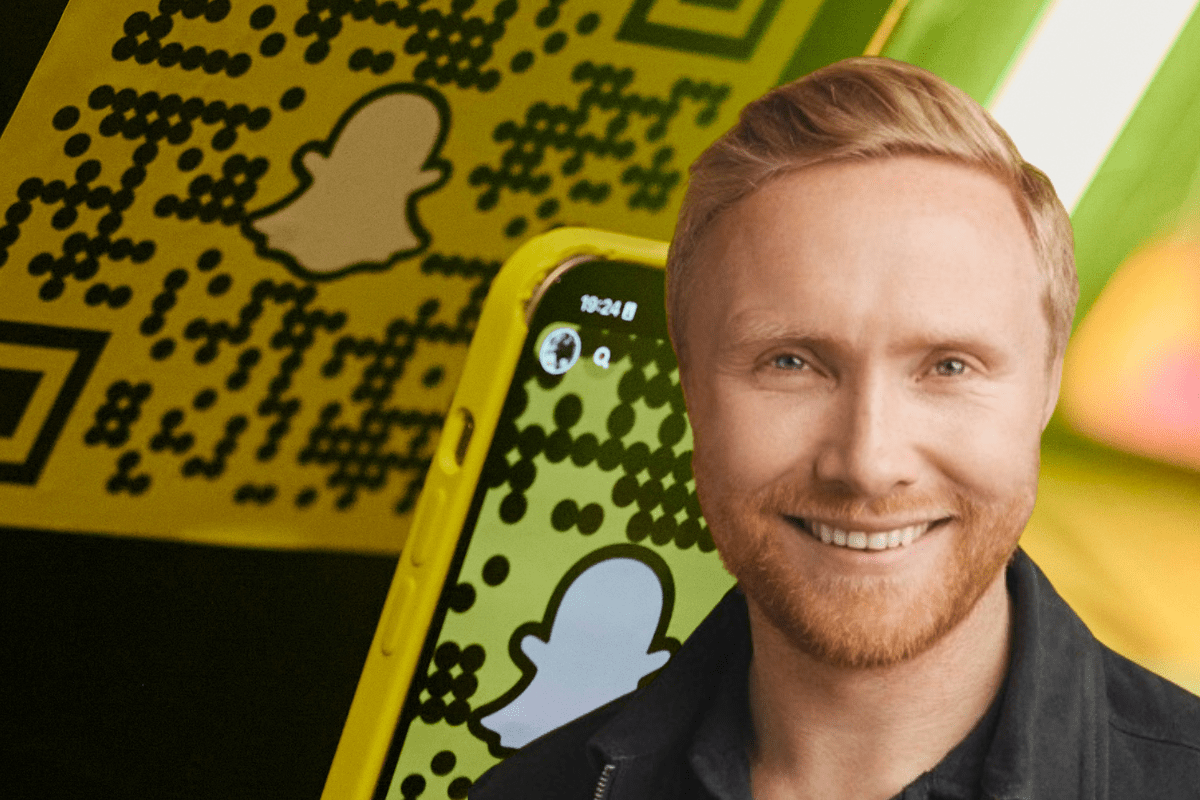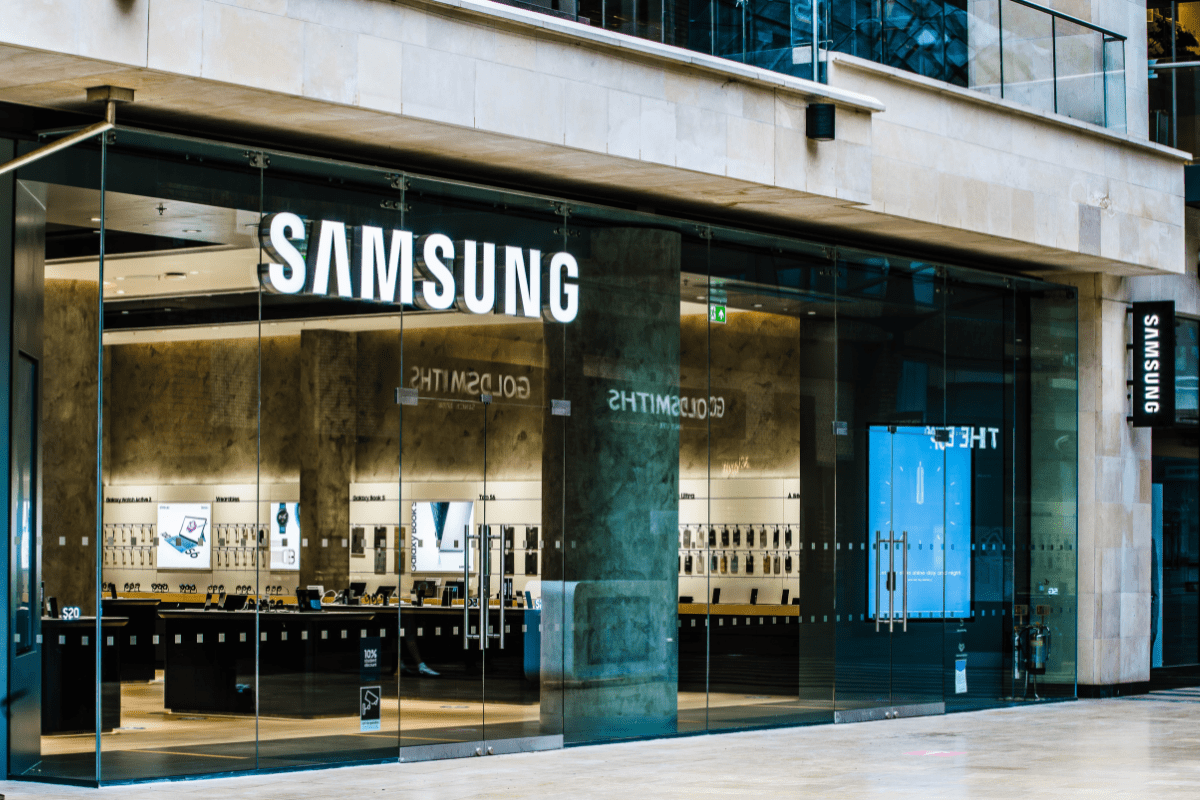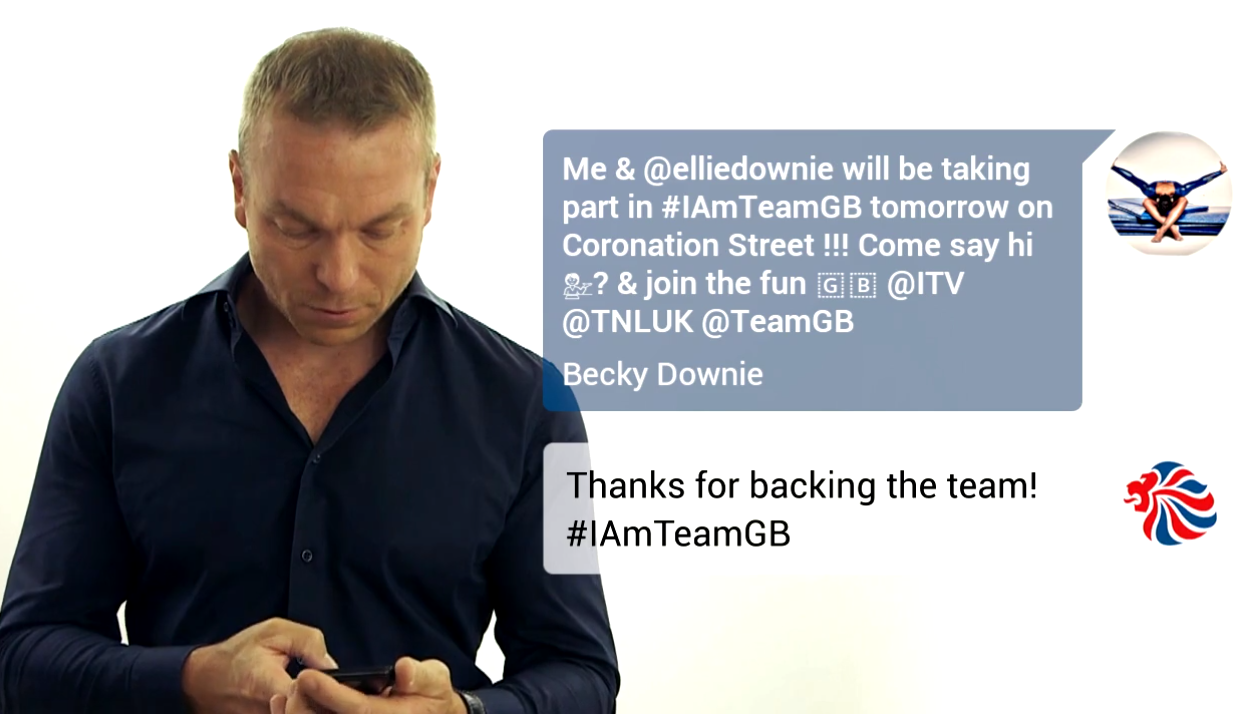 Video as a marketing channel is huge and getting more important by the day. Social as a marketing channel is, er, huge and getting more important by the day. And personalisation as a marketing tactic is huge and getting more important by the day.
Video as a marketing channel is huge and getting more important by the day. Social as a marketing channel is, er, huge and getting more important by the day. And personalisation as a marketing tactic is huge and getting more important by the day.
EchoMany is trying to place itself at the junction of these three tenets with its platform that delivers personalised branded video content to people who have positively engaged with a brand on social media.
The company launched 18 months ago from a digital agency background, with a mission to make video content more engaging on social. “We were seeing media spend going that way, but also seeing a reduction in the engagement around those pieces of media,” says EchoMany founder, Tim Redgate. “We started out with personalised film trailers, and then took that out to other markets to test the water.”
The concept has proven popular with the charity sector, with five of the top 10 UK charities using EchoMany to thank supporters for donations. Another fan is Pizza Express, one of the company’s first clients, which has run a number of campaigns, including its most recent, an animated game played via the restaurant chain’s Facebook Messenger bot.
Redgate explained to me how it works: “We talk a lot about intent. We work on the basis of a user showing some kind of explicit positive intent towards the brand so someone mentioning a brand or using a campaign hashtag, or commenting on a promoted post on Facebook. We take the interaction as a viable intent to engage with the brand and send something personalised back to them, acting in a conversational way.”
The personalisation comes from the user’s profile. On Twitter, the user gets an @reply and on Facebook, a private reply within Messenger, which puts the onus on the user to share the interaction if they like it.
“The personalisation is totally customisable,” says Redgate. “It depends what data points the brand has. Twitter is light touch, just the profile info, but there are other places we can take the data from, like someone’s JustGiving pages,” for example.
Whenever the word “personalisation” is used, the word “creepy” is usually not too far behind. Redgate says the fact the user initiates the interaction is in itself a good safeguard against intrusiveness. “Intent is very important to us, getting the nod of approval before we send them something,” he says. “If someone tweets about the Alien Covenant movie using the hashtag, when they get something back from the official account, it feels natural.”
Response time can be as quick as 60 seconds for automated engagements where the user is given precise instructions along the lines of: “Retweet this to find out more”. If the brand is responding in a more organic way, there’s a platform social media teams can use. “It can be equally fast, but it relies on the social media team to be on top of it,” says Redgate.
Redgate says the firm’s KPIs are typically around engagement metrics – retweets, shares, comments, likes, as well as organic amplification. “We see good return on the organic reach and that drives down the cost per engagement,” he says. “We are normally half the cost of engagement.”
To date, it has produced over 350,000 personalised videos for brands including 20th Century Fox, L’Oréal, Santander, Sky TV and Cancer Research. On average, it says, these deliver 354 per cent increased engagement, with an average 542 per cent amplification of impressions; 35 per cent retweet rate; and 52 per cent increase in likes. For Facebook Messenger Bot campaigns, Echomany sees an average of 70 per cent of users complete the conversation, with 32 per cent of videos downloaded and 28 per cent of videos shared.
You can see the EchoMany platform in action here.




